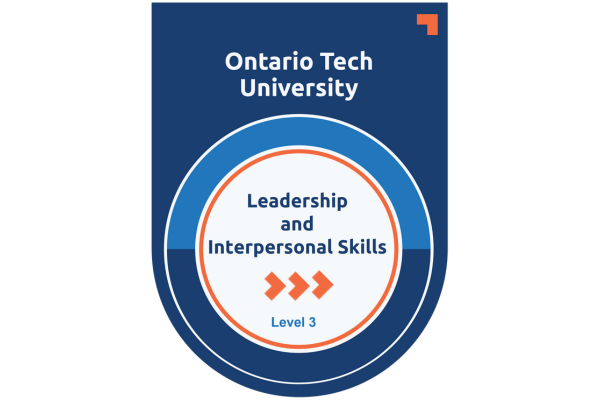
How excellent written communication can be a game-changer for your business
By: Diana Kawarsky (Continuous Learning Instructor)
Good communication is vital for any successful business. Whether you’re communicating with employees, customers, or suppliers, effective and efficient written communication can take your business to the next level. Technical writing skills have become increasingly important as much of our work is done via technology: emailing, searching online platforms, and various digital tools.
With many people relying on written messages for information that could affect their job performance, it’s essential that employers invest in developing written communication skills in the workplace. In this blog post, we discuss how excellent written communication skills can be a game-changer for your company.
Types of written communication in the workplace
In the workplace, employees use various types of written communication to get their messages across effectively. They include informational, instructional, transactional, persuasive, narrative, and descriptive writing.
-
Informational
Informational writing involves presenting data, statistics, and facts to inform readers about a particular topic.
-
Instructional
Instructional writing provides the reader with explicit instructions to perform a task or complete a project.
-
Transactional
Transactional writing deals with business-related matters such as contracts, invoices, and emails.
-
Persuasive
Persuasive writing aims to convince the reader to act or think in a particular way or take certain actions.
-
Narrative
Narrative writing is more personalized and allows the reader to experience events as if they were there.
-
Descriptive
Descriptive writing uses expressive language and sensory details to create a vivid picture.
Understanding the type of writing to utilize in different work contexts is essential to improving workplace communication. Employees may also find themselves writing the following types of documents throughout the work day:
-
Emails, memos, and reports
-
Business proposals and presentations
-
Business letters (inquiries, requests, complaints, or official announcements)
-
Policies and procedures
-
Work-related documentation (meeting minutes, project plans, progress reports, job descriptions, and employee evaluations)
-
Internal communication platforms (intranets, chat tools, and project management software used in hybrid work culture)
-
Social media and online content
Benefits of clear and concise written communication in business
Clear and concise written communication is essential for a variety of reasons, including:
-
Time and cost savings
Good written communication saves time and money by eliminating the need for endless back-and-forth correspondence and misunderstandings.
-
Enhanced professionalism
Business email writing skills, for instance, improve your professionalism and credibility, reflecting well on you and your company.
-
Enhanced customer experience
Clear communication with customers can help build trust and decrease misunderstandings, ultimately resulting in better customer satisfaction.
-
Mitigation of risks and misunderstandings
When employees have strong writing skills, they can convey complex information clearly and concisely, thus preventing legal disputes, errors, and damaged business relationships.
-
Effective collaboration
Good written communication helps teams work together more effectively regardless of their physical location and time zone.
-
Effective decision-making
When reports, proposals, or presentations are well-structured and concise, decision-makers can quickly grasp the key points and make timely and well-informed choices.
-
Positive company culture
Clear and concise written communication helps build trust among team members, paving the way for open and transparent dialogue.
-
Improved external reputation
When employees have strong writing skills, external stakeholders, such as clients, partners, and investors, will perceive the organization as competent and trustworthy, leading to increased opportunities and positive relationships.
Exploring the benefits of Continuous Learning
The Digital Media and Marketing Strategies course offered by Continuous Learning will help you effectively connect with your audience and enhance your social media communications and marketing success. You will learn how to convey your message in the right tone and maintain proper etiquette.
Kawarsky, Diana. “How Excellent Written Communication Can Be A Game-Changer For Your Business”, The Soft Skills Group, 25 Jul. 2023,https://www.tssg.ca/changing-landscape-of-executive-leadership/









